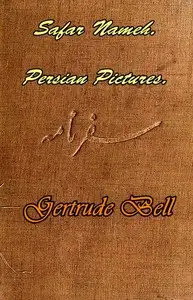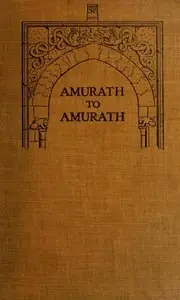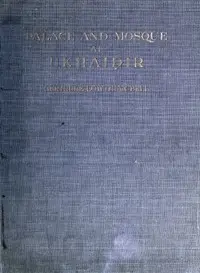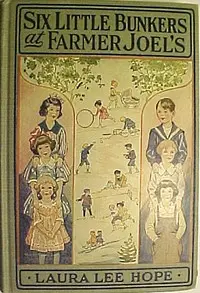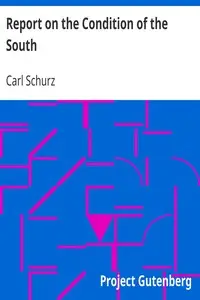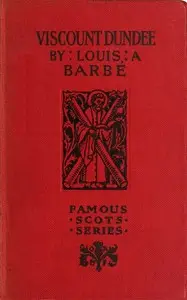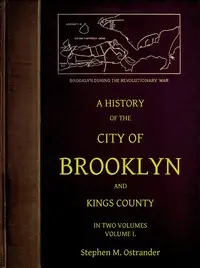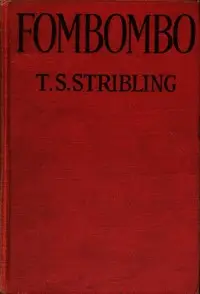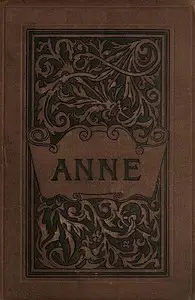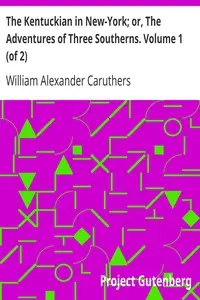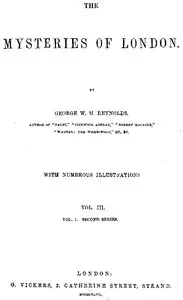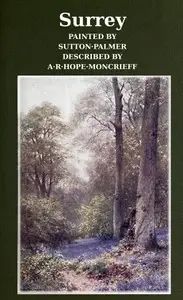"Syria, the Desert & the Sown" by Gertrude Lowthian Bell is a travel account written in the early 20th century. The book chronicles the author's journey through Syria, focusing on her interactions with its diverse peoples and the landscapes they inhabit. Bell aims to provide not just a travel narrative, but an intimate portrayal of the lives and stories of those she encounters along her route. The opening of the work sets the stage for Bell's adventurous spirit and her keen observations about the world around her. She describes the exhilaration of embarking on a solo journey into the wild, leaving behind the comforts of civilization. As she travels through a stormy landscape, she introduces her caravan companions, including Lebanese muleteers and a Druze man, each with distinct personalities. Bell reflects on the stark contrasts between her Western upbringing and the traditional lives of the people she meets, exploring their customs, challenges, and the deep-rooted histories of the region, while foreshadowing the rich experiences that will unfold in her travels through Syria. (This is an automatically generated summary.)
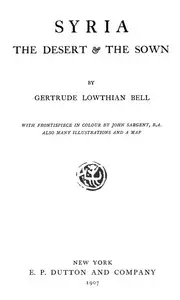
Syria, the Desert & the Sown
By Gertrude Lowthian Bell
"Syria, the Desert & the Sown" by Gertrude Lowthian Bell is a travel account written in the early 20th century. The book chronicles the author's journ...
Gertrude Margaret Lowthian Bell was an English writer, traveller, political officer, administrator, and archaeologist. She spent much of her life exploring and mapping the Middle East, and became highly influential to British imperial policy-making as an Arabist due to her knowledge and contacts built up through extensive travels. During her lifetime, she was highly esteemed and trusted by British officials such as High Commissioner for Mesopotamia Percy Cox, giving her great influence. She participated in both the 1919 Paris Peace Conference (briefly) and the 1921 Cairo Conference, which helped decide the territorial boundaries and governments of the post-War Middle East as part of the partition of the Ottoman Empire. Bell believed that the momentum of Arab nationalism was unstoppable, and that the British government should ally with nationalists rather than stand against them. Along with T. E. Lawrence, she advocated for independent Arab states in the Middle East following the collapse of the Ottoman Empire, and supported the installation of Hashemite monarchies in what is today Jordan and Iraq.

